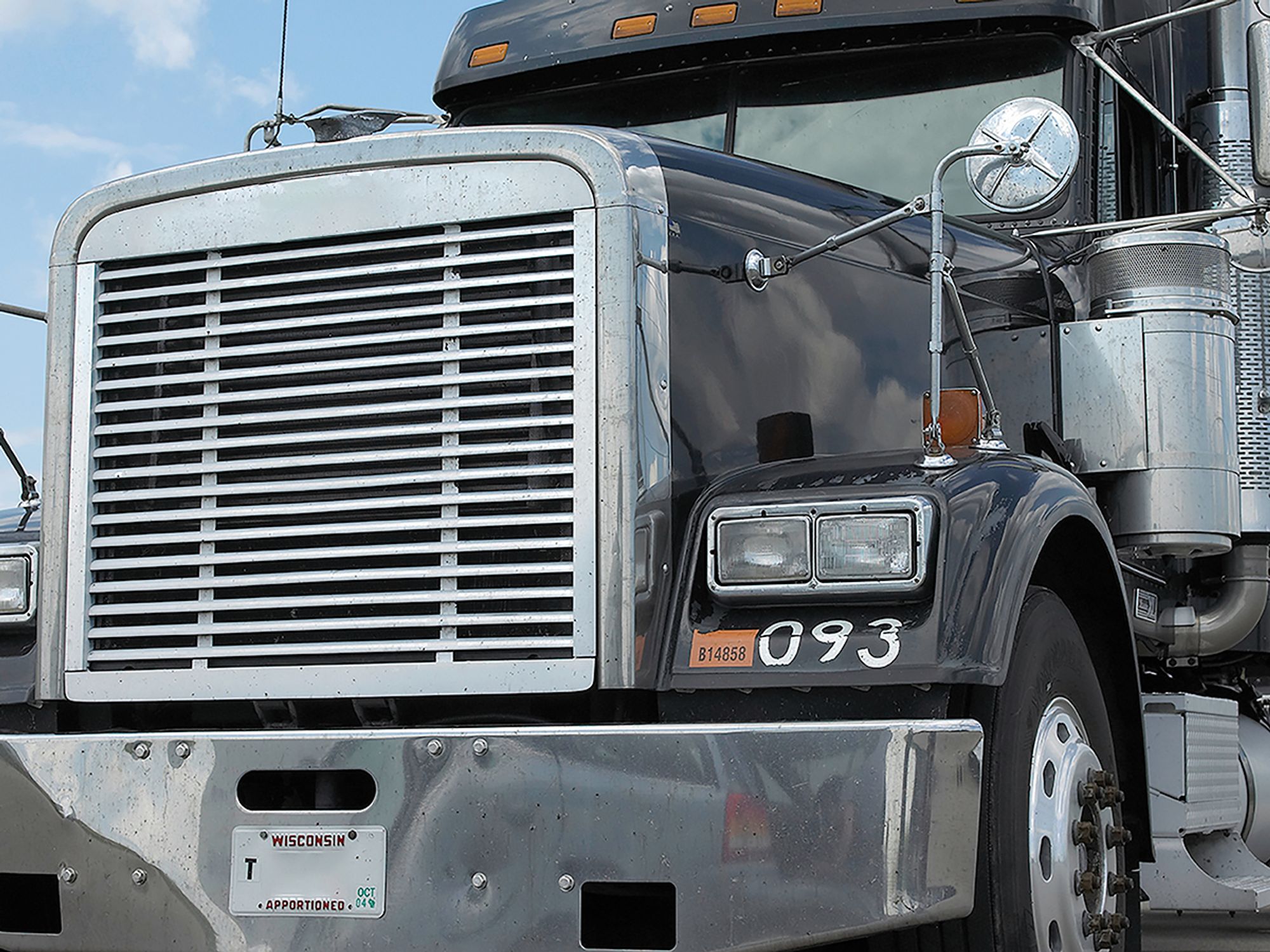The Canadian Agreement on Vehicle Registration (CAVR) and the International Registration Plan (IRP)

- The Canadian Agreement on Vehicle Registration (CAVR) is a prorated vehicle registration agreement between the Canadian provinces.
- Interjurisdictional motor carrier vehicle registration in the United States and Canada has been handled under the International Registration Plan (IRP) for the past several years.
- Under IRP, all prorated vehicles over 26,000 pounds (11,794 kilograms) and are traveling interstate would need to be registered in the IRP program (or operate on trip permits).
The Canadian Agreement on Vehicle Registration (CAVR) is a prorated vehicle registration agreement between the Canadian provinces. The CAVR allows vehicle registration reciprocity for vehicles under 11,794 kilograms (26,000 pounds) between the provinces.
The CAVR originally started as a prorate vehicle registration agreement for all vehicles operating between the Canadian provinces. When the International Registration Plan (IRP) came about, there was no longer a need for CAVR. However, the provinces have kept the CAVR active for registered vehicles under 11,794 kilograms and operating interprovincially. All 10 provinces are members, with the three territories excluded from the plan.
Interjurisdictional motor carrier vehicle registration in the United States and Canada has been handled under the IRP for the past several years. The IRP member jurisdiction listing currently consists of all 48 lower U.S. states and the District of Columbia, plus all 10 Canadian provinces.
Under IRP, all prorated vehicles over 26,000 pounds (11,794 kilograms) and traveling interstate would need to be registered in the IRP program (or operate on trip permits).
